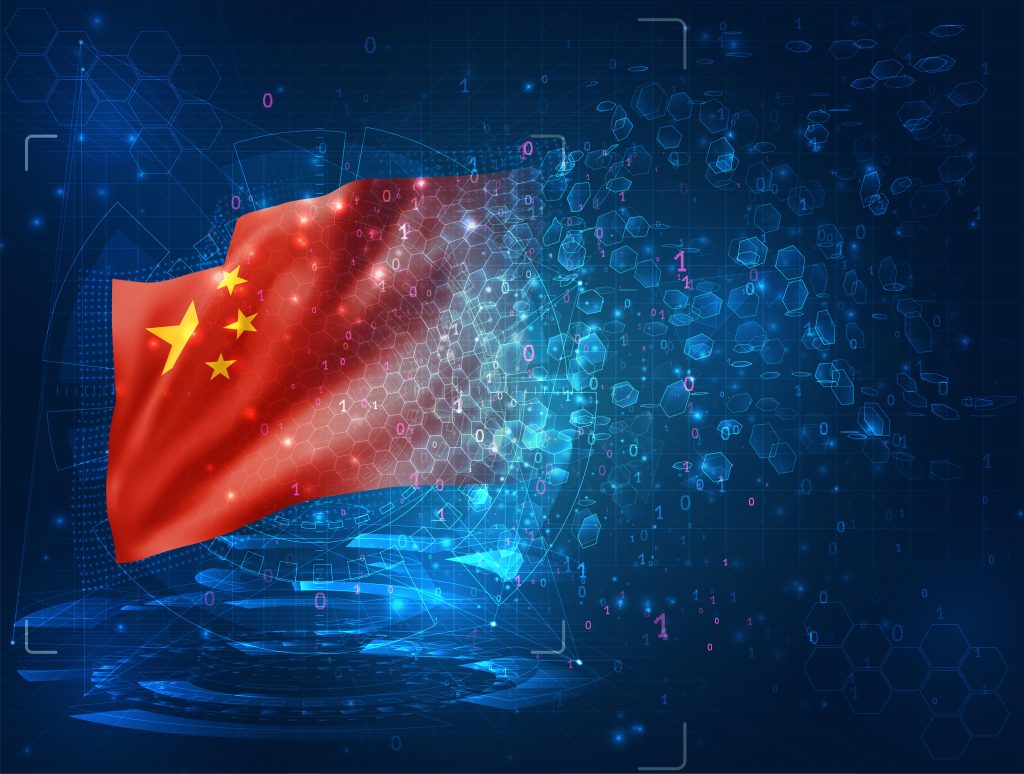Beijing tightens grip on rare earth exports
China’s latest move to tighten control over rare earth exports signals a bold bid to strengthen its global leverage and test America’s ability to secure the materials behind its most advanced technologies.

China has announced new restrictions on rare earth and permanent magnet exports, significantly escalating its control over critical materials essential for advanced technologies and defence production. The move, revealed ahead of President Donald Trump’s expected meeting with President Xi Jinping, introduces the most rigid export controls yet.
For the first time, Beijing will require foreign companies to obtain approval to export magnets that contain even minimal Chinese-sourced materials or were made with Chinese technology, effectively extending its influence across the global supply chain.
The restrictions could have profound implications for the US defence and semiconductor industries. Rare earth elements are indispensable for producing fighter jets, submarines, missiles, and other advanced systems.
Beginning 1 December 2025, any company tied to foreign militaries, particularly the US, will likely be denied export licenses, while applications for high-tech uses, such as next-generation semiconductors, will face case-by-case reviews. These measures grant Chinese authorities broad discretion to delay or deny exports, tightening their strategic control at a time when Washington already struggles to boost domestic production.
Beijing’s announcement also limits Chinese nationals from participating in overseas rare earth projects without government authorisation, aiming to block the transfer of technical know-how abroad. Analysts suggest the move serves both as a negotiation tactic ahead of renewed trade talks and as a continuation of China’s long-term strategy to weaponise its dominance in the rare earth sector, which supplies over 90% of the world’s magnet manufacturing.
Meanwhile, the US is racing to build resilience. Noveon Magnetics and Lynas Rare Earths are partnering to establish a domestic magnet supply chain, while the Department of War has invested heavily in MP Materials to expand rare earth mining and processing capacity.
Yet experts warn that developing these capabilities will take years, leaving China with significant leverage over global supply chains critical to US national security.
Would you like to learn more about AI, tech and digital diplomacy? If so, ask our Diplo chatbot!
